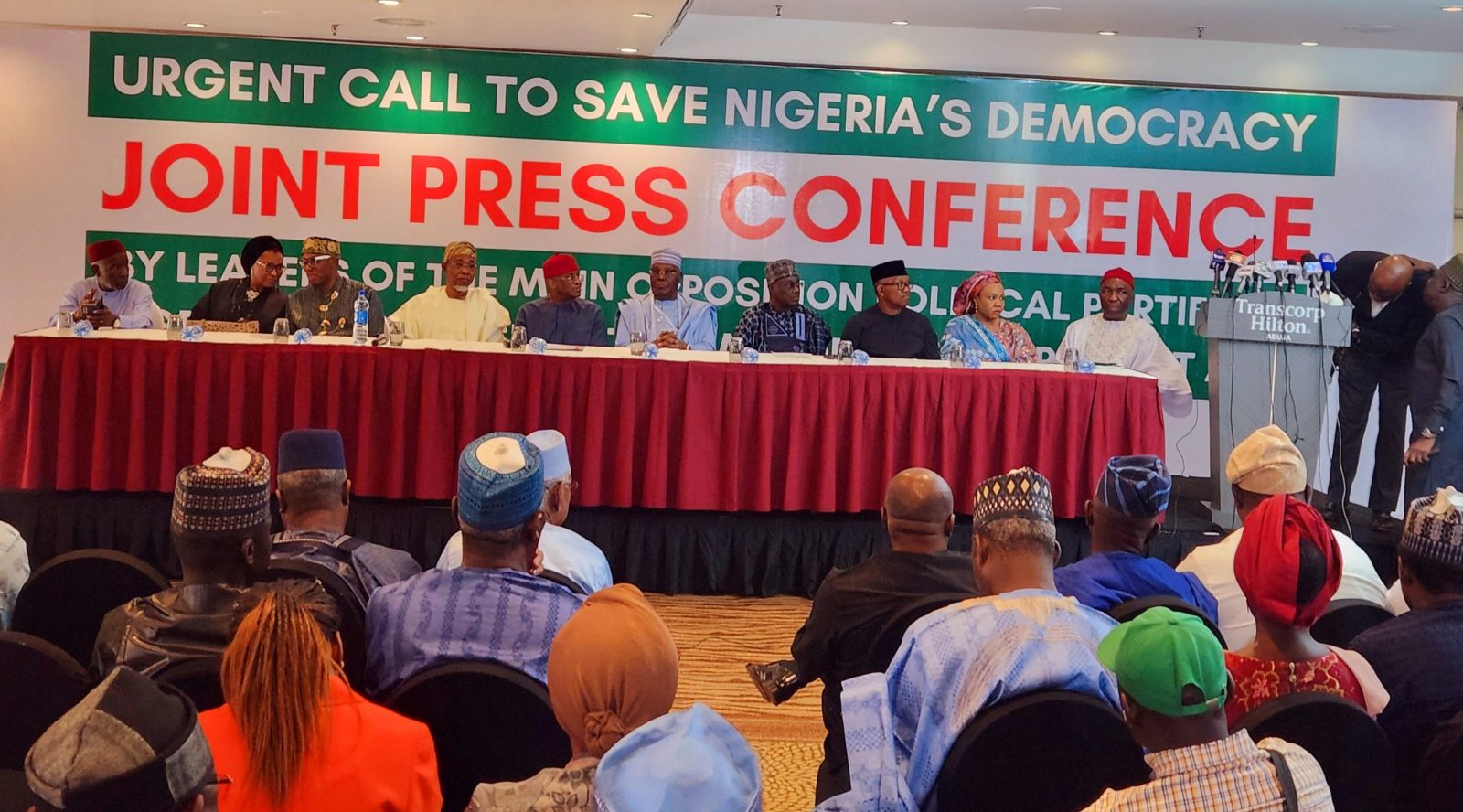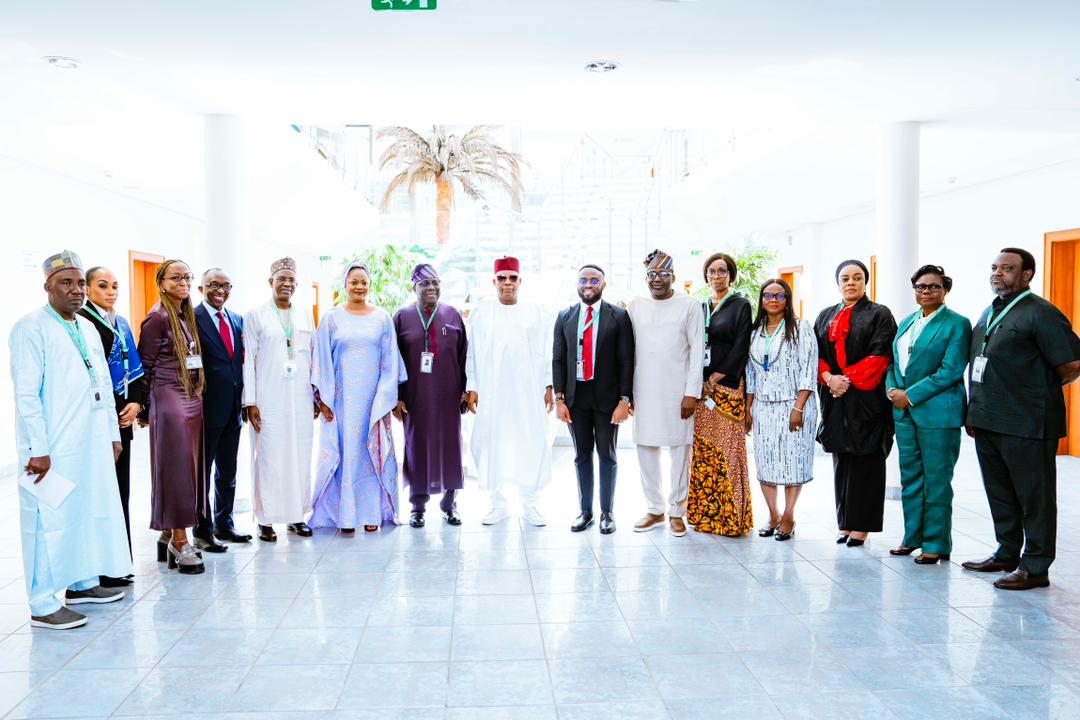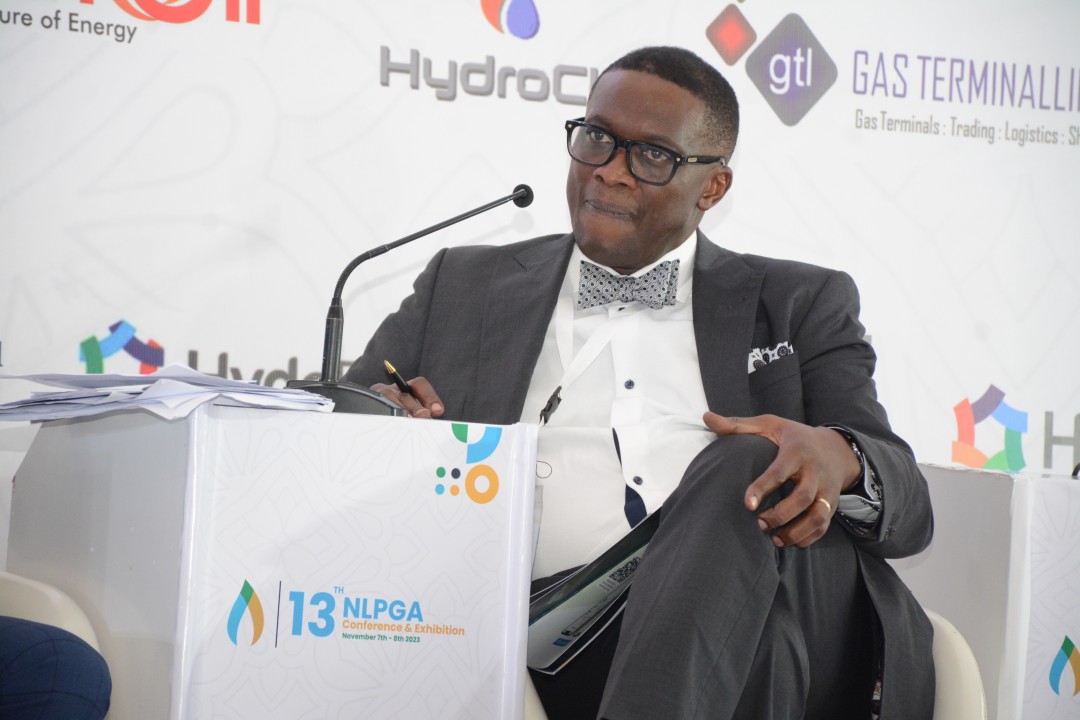The Federal Government has pledged its commitment to advancing the nation’s energy security and prosperity through the adoption of hydrogen as a key component of its energy transition strategy.
This declaration was made during the First Nigeria Hydrogen Conference, held in Abuja and organized by the Ministry of Petroleum Resources in collaboration with the Foundation for Sustainable Social Responsibility in Emerging Africa (FOSSREA) on Wednesday.
Vice President Kashim Shettima, represented by Sadiq Wanka, the Special Adviser to the President on Power Infrastructure, underscored the importance of innovative energy solutions in driving Nigeria’s economic growth.
In his keynote address, Shettima emphasized the nation’s energy transition plan, which includes achieving a net-zero economy by 2060 and generating 9 GW of renewable electric power by 2030, with natural gas serving as a crucial transition fuel.
Shettima highlighted hydrogen’s potential to reshape Nigeria’s energy landscape, stating, “Given our vast natural gas and renewable energy resources, the potential for hydrogen to meet our domestic energy demands, service our petrochemical industry, and enhance our energy trade through exports is immense.”
He also noted the need for regional collaboration and international partnerships to support hydrogen adoption and attract investments into the sector.
Minister of State for Petroleum Resources (Gas) Ekperikpe Ekpo elaborated on Nigeria’s abundant natural resources, which provide a strong foundation for producing green and blue hydrogen.
He said that the country’s 206 trillion cubic feet of natural gas reserves and substantial solar potential position it as a future leader in the global hydrogen economy.
Ekpo added that hydrogen could transform Nigeria’s oil and gas infrastructure, turning existing challenges into opportunities.
The Minister of Innovation, Science, and Technology, Mr. Uche Nnaji, commended the efforts of the Ministry of Petroleum Resources and FOSSREA, describing hydrogen as the “fuel of the future.”
He stated the role of collective action among government, the private sector, academia, and international partners in scaling up clean hydrogen technologies.
Nnaji highlighted an ongoing pilot green hydrogen production plant by the Energy Commission of Nigeria as a catalyst for innovation and sustainable development.
“Together, government, the private sector, academia, and international partners can build the development of a pilot green hydrogen production plant being constructed by the Energy Commission of Nigeria, which will catalyze scaling up clean hydrogen technologies by fostering research, innovation, and technology transfer,” he noted.
Permanent Secretary of the Ministry of Petroleum Resources, Mr. Nicholas Ella, pointed to the growing global demand for hydrogen, which reached 94 million metric tons in 2022 and is projected to rise to 500-700 million metric tons annually by 2050.
Ella described the conference as a critical platform for discussing the technology, policy, and infrastructure required to establish a robust hydrogen economy.
Mr. Aliyu Mijinyawa, Chairman of FOSSREA, concluded that the conference aimed to position Nigeria as a global leader in the hydrogen economy.
By leveraging hydrogen as a clean energy solution, Nigeria seeks to drive sustainable economic growth, strengthen energy security, and accelerate its transition to a low-carbon economy.






















Leave a comment